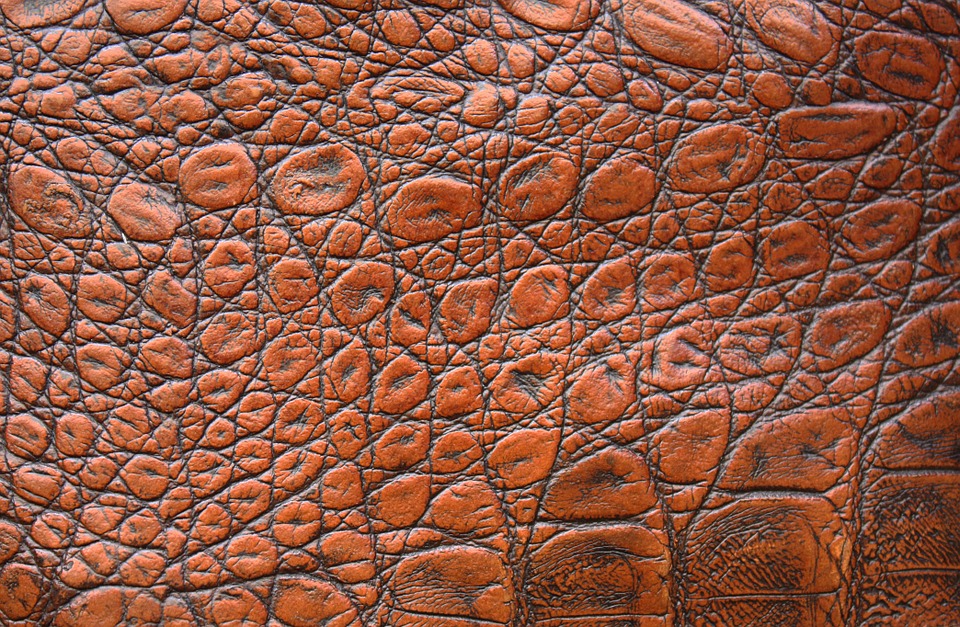
When the skin begins to lose its elasticity due to the aging process and a number of other reasons, such as illness or environmental factors, wrinkles develop. In addition, smooth skin starts to look rough and patchy. Both retinol and retinoid hold properties that combat the changes that come with aging, which leads to healthier, younger-looking skin.
At The Dermatology Clinic, we use both products to treat many skin conditions in women and men, from pre-teens to seniors. It’s important to note, however, that these products are not interchangeable. Which one is used depends on the symptoms present, varying on a case-by-case basis. For some patients we may even combine the two, using our medical training and experience to determine the correct doses to prescribe.
Retinol
A form of vitamin A, retinol is found naturally in the skin. Many skin care products include this as a key ingredient. In topical applications, it’s converted into retinoic acid through enzymes. Clinical results show that retinoic acid is effective in revitalizing the skin, able to minimize wrinkle lines and smooth out discolored areas. Results are best with ongoing use over several months.
Retinoid
Retinoid, a compound related to vitamin A, stimulates collagen production to strengthen connective fibers in the deeper skin layers. They also help to rapidly turn over dying cells, thus boosting the growth of healthy new cells. These effects translate to less noticeable wrinkles and improvements in tone and coloration. Your age and skin type determine the best forms of these compounds for you. In addition to combating the effects of aging, these compounds are effective against acne.
The Dermatology Clinic Is Here to Help
Whether you seek help against wrinkles or want to clear up acne, products using these ingredients can help. However, it’s important to use the right products for your specific goals and skin condition. Here at The Dermatology Clinic, our doctors are very familiar with the benefits and precautions of both retinol and retinoid. We will be happy to consult with you to determine the best course of action for your particular case.
